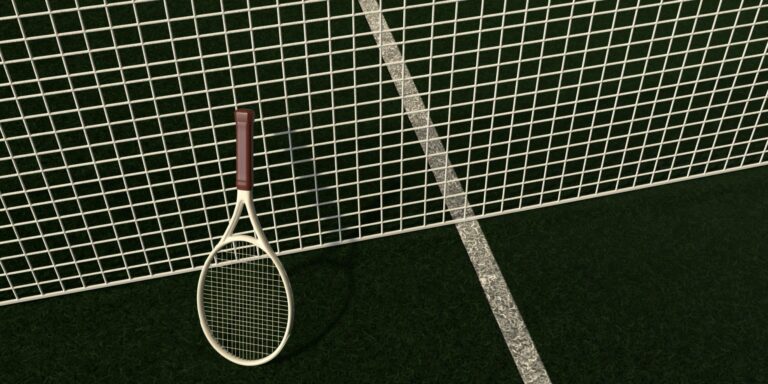A groundbreaking study published on February 25, 2022, by researchers from the University of Winchester and the Westgate Badminton Performance Centre has shed light on the impact of practice variability on skill acquisition in elite youth badminton players. The research emphasizes the significance of incorporating unpredictable elements into training routines to enhance biomechanical efficiency and overall performance.
The study involved twelve elite youth badminton players who participated in three distinct training scenarios: hand-fed drills, multi-feed drills, and match-play simulations. Using motion capture technology, the researchers analyzed biomechanical variables such as lunge depth, racket shuttlecock strike position, and trunk inclination during forward lunge shots.
Findings revealed that increased unpredictability in training drills led to deeper lunges, lower shuttlecock strike positions, and greater forward trunk bend. These adaptations are indicative of enhanced visual search behavior and reactive movement patterns, closely mirroring the demands of actual match play. In contrast, predictable feeding routines were associated with less dynamic movements and potential maladaptive learning behaviors.
The research underscores the importance of representative learning design in sports training, advocating for practice environments that closely replicate competitive scenarios. By exposing athletes to variable and unpredictable stimuli, coaches can facilitate the development of adaptable motor skills and decision-making abilities.
Dr. Steve Smith, the lead researcher, highlighted the practical implications of the study, stating that integrating unpredictable elements into training not only enhances skill acquisition but also prepares athletes for the dynamic nature of competitive play. The study recommends that coaches move away from traditional, repetitive drills and instead adopt training methods that challenge athletes’ perceptual and cognitive skills.
This research contributes to the growing body of evidence supporting the role of ecological dynamics and representative learning in sports training. By aligning practice conditions with the complexities of actual competition, athletes can achieve more robust and transferable skills, ultimately leading to improved performance on the court.



